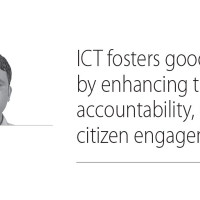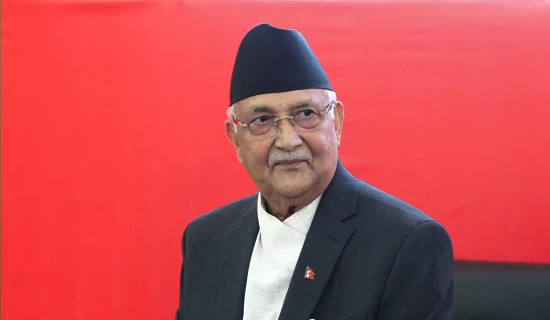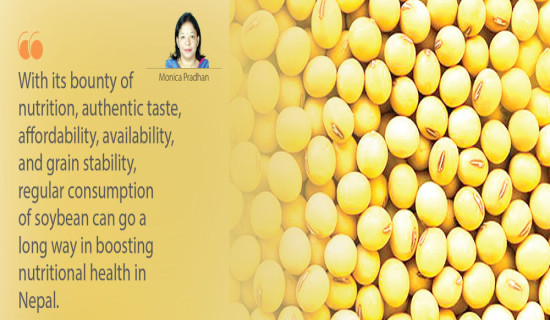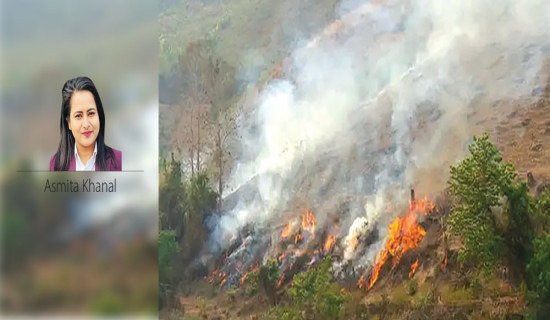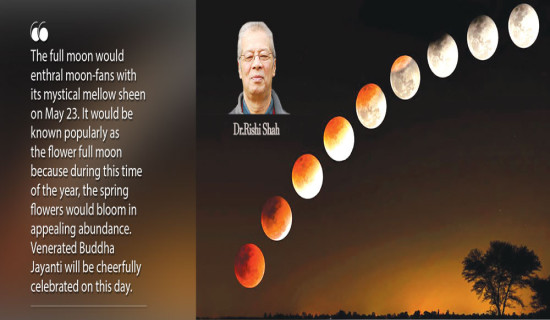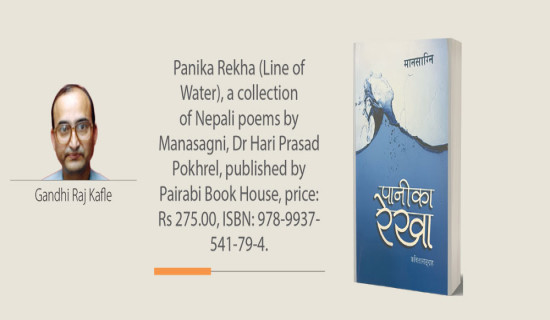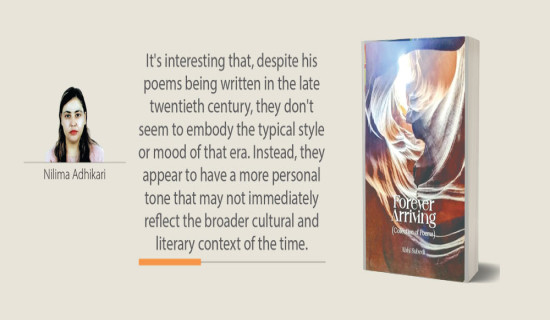- Saturday, 4 May 2024
Inequality Widens
Anna Sophie Schmitz
The Human Development Index (HDI) is compiled every year by the UN Development Programme (UNDP). This year, it has hit a record high at the global level, but it is nonetheless below what was forecast before the COVID-19 pandemic. The UN experts bemoan that development has been unequal and fragmented.
The title of this year’s Human Development Report is "Breaking the gridlock: Reimagining cooperation in a polarized world". The document shows that the world has not entirely recovered from the many crises of recent years. 18 of the 35 least-developed countries that saw their national HDIs decline have still not returned to the levels of before 2020. By contrast, each member of the OECD (Organisation for Economic Co-operation and Development), to which countries with high and upper-middle incomes belong, now ranges above its pre-pandemic levels.
Diverging development means that disparities between countries are widening. According to the UNDP, the poorest are being left behind. Wars in places like Gaza, Ukraine and Yemen are said to have reversed progress made over many years. To assess a country’s human development, the UNDP not only relies on income statistics, but also uses data regarding education and health. Setbacks in Afghanistan and Ukraine are particularly striking, as the UNDP figures show. Afghanistan’s HDI is again where it was 10 years ago, and Ukraine’s HDI resembles the one of 2004.
Until 2019, the international community was on course to achieve a very high HDI on average. According to the UNDP, that was in line with achieving the Sustainable Development Goals (SDGs), but they look increasingly out of reach. Though the global HDI has risen above the pre-pandemic level, the progress made is considerably below what international trends promised before the coronavirus disruption.
The UNDP report states that the responses to the pandemic were inadequate, that climate action is progressing too slowly and that geopolitical tensions are increasing. It warns that the failure of collective action at the international level is exacerbating polarisation and slowing down human development. The UNDP authors speak of a “democracy paradox”. They consider it to be an obstacle to international cooperation. Though 90 per cent of the people surveyed internationally are in favour of democracy, more than half of them support governments that are undermining both democracy and multilateralism.
This trend is said to be evident in northern as well as southern countries. Around the world, political parties which are attacking the foundations of democracy are becoming more influential. According to the UNDP, this is a short-term response to grievances, but will lead to stagnation and dysfunction long term. Polarisation thwarts cooperation, the UN experts argue. People increasingly see those they disagree with as enemies. The implication, according to the UNDP, is that people increasingly believe they can only achieve their goals by excluding others in situations that actually require cooperation.
Differences between countries will not disappear, admits Pedro Conceição, the main author, who heads the UNDP’s Human Development Report office. He insists, however, that international cooperation must amount to more than financial support for poorer countries. Multilateralism, in his eyes, is indispensable for rising to the challenges of our era, including the provision of global public goods.
The report proposes to reconceptualise multilateral cooperation and to focus on global public goods in the four crucial areas of planetary stability, digital fairness, financial mechanisms and governance reforms. To achieve high levels of human development, the UNDP argues, polarisation and disinformation must be overcome.
- Development and Cooperation







